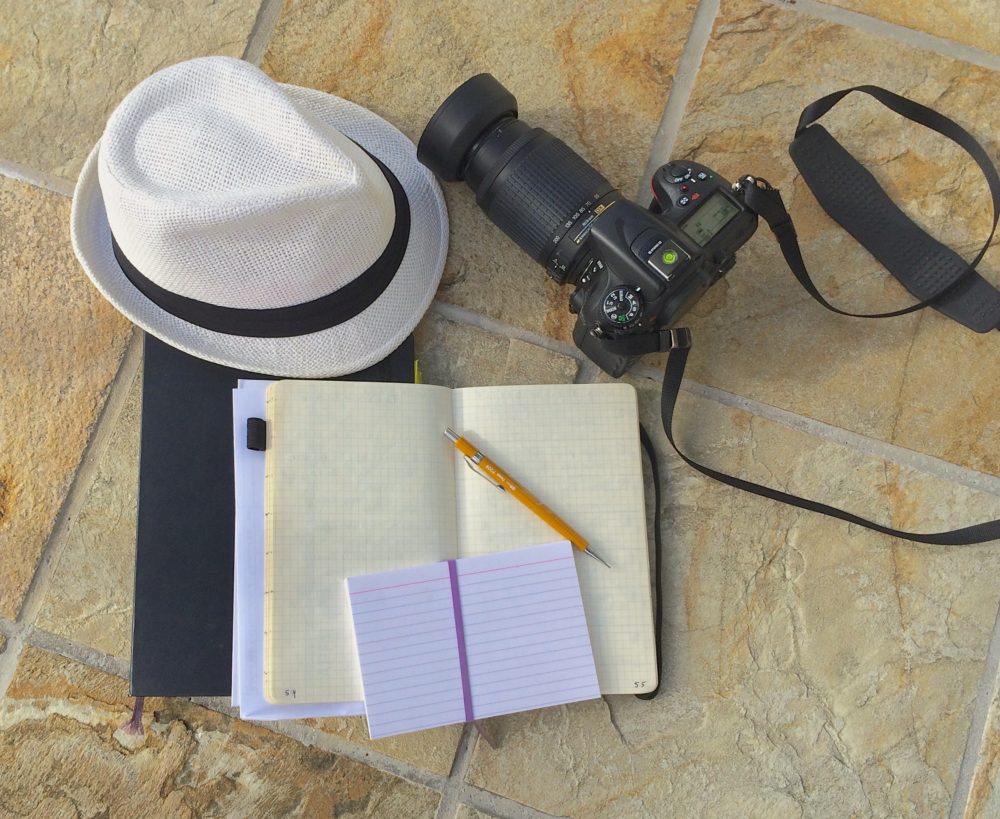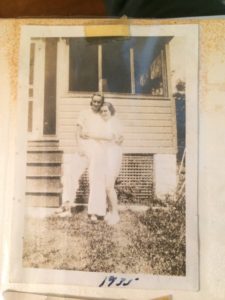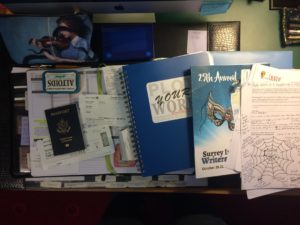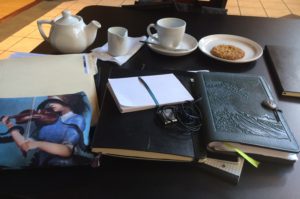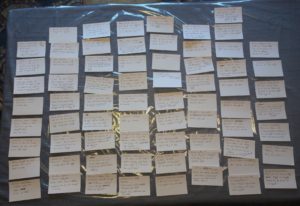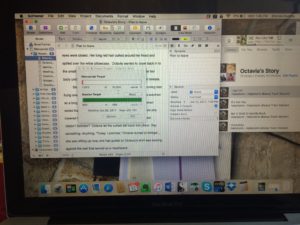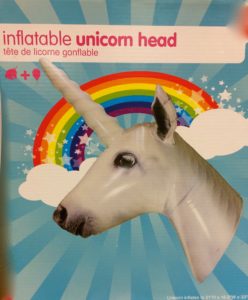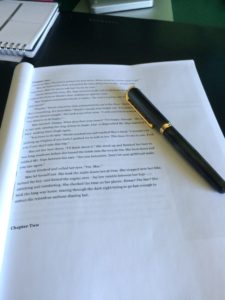Rejection. As a writer, you will have rejections. And if you plan to keep writing you need to find a way to deal with rejection. Writing is unique in that there are a number of ways to be rejected. Most are form letter emails. Some, if you are lucky, will offer an explanation for the rejection. Some are the unmistakable sound of crickets, even with polite follow-ups.
The non-response response is perhaps the most difficult to deal with, it always leaves me with questions. 1.) Did you get my submission? 2.) Are you so unprofessional even a quick form rejection is beyond your ability? 3.) Am I not worth a response? 4.) Did something horrible happen in your life and you can’t even respond, or it has been so long that you don’t want to respond because you are embarrassed?
A good rejection for a writer is a “revise and resubmit”, or “I liked this but it does not fit with our anthology/brand/ direction”, or one that contains suggestions on how to improve your chances of being accepted. The best rejections end with “We would like to see future submissions or some such language that indicates the rejection is not a rejection forever, simply a rejection for right now, and that in the future it may be a yes.
The best way to respond to a rejection? Feel your feelings. Be angry, cry, fuss, swear, go for a run, eat ice cream out of the carton, do whatever you need to do. But do it away from the keyboard. Never write back a rude or angry reply. Just don’t. It will never serve you well in your career to respond with anger. Remember publishing is a business, and as such decisions based are on more than the ability of a writer to write well.
Write this down. Post it where you can see it. It is not personal.
Send a very polite acknowledgment of the rejection. And if you are fortunate enough to have had an editor take their time to offer suggestions on how to improve your writing, be very gracious, and acknowledge their time and kindness. Editors are some of the busiest people I know, and for them to offer assistance when they owe you nothing but a professional reply, acknowledging them is reasonable and a good business practice.
Writing is an exhilarating, frustrating, addictive career. Find constructive ways to deal with rejection. Do not let it derail your dreams.
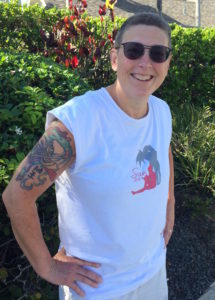 Brenda Murphy writes short stories and novels. She is a member of Romance Writers of America. Her nonfiction and short fiction have been published in various collections. Her most recent novel, One was published by NineStar Press. When she is not swilling gallons of hot tea and writing, she wrangles two dogs, twins, and an unrepentant parrot. She writes about life, books, and writing on her blog, https://www.brendalmurphy.com/blog.html
Brenda Murphy writes short stories and novels. She is a member of Romance Writers of America. Her nonfiction and short fiction have been published in various collections. Her most recent novel, One was published by NineStar Press. When she is not swilling gallons of hot tea and writing, she wrangles two dogs, twins, and an unrepentant parrot. She writes about life, books, and writing on her blog, https://www.brendalmurphy.com/blog.html
Website: www.brendalmurphy.com
Facebook: https://www.facebook.com/Writing-While-Distracted
Books available at
